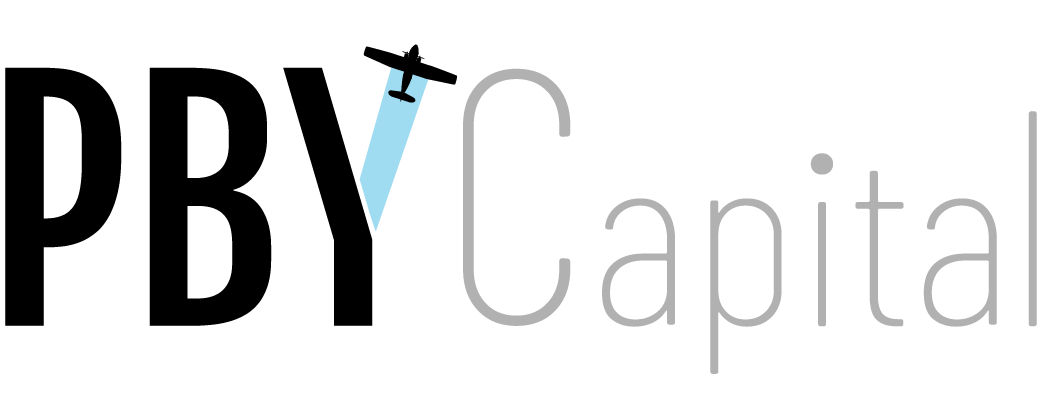The advantages of spilling the beans about your will
Talking now might diffuse future hard feelings and keep you and your family out of court

Article content
It’s a nail-biter moment in the movies. Hushed families shift anxiously in their seats while a studious lawyer clears her throat, adjusts her glasses and begins to read the will. Typically, a bombshell revelation drops and chaos ensues.
It makes great cinema, but what about real life?
Members of high-net-worth families have a lot at stake in estate planning, including shared business interests, high-value assets and complex issues of succession. Most advisors say transparency should be key. If children are to inherit or maybe share the family cottage, for instance, they should know about it and settle the details ahead of time.
But when it comes to spilling the beans about personal assets or sharing details of one’s personal wealth, people tend to clam up. What are the benefits of letting your family know about your will and estate plans ahead of time?
“One of the biggest advantages with transparency is it reduces the likelihood of litigation and fighting in the future, says Keith Masterman, vice president of CI Global Asset Management in Toronto. “I have seen so many estates where someone comes to the executor after the fact and says, ‘Why would Dad have done this?’ and the answer is, ‘I don’t know. He didn’t say why he did it.’ And I think that as a result, those people are hurt, and they fight with their siblings, and potentially employ litigation.”
Some people have said, I just don't want to have that conversation with my children, but I understand the risk that someone's going to be hurt by not understanding my choices.
Keith Masterman, CI Global Asset Management
A conversation ahead of time might diffuse future hard feelings. Asking ahead of time also allows for reflection and redirection if needed, helping you make sure you’re giving the right asset to the right person.
You can be transparent without spilling all the beans, says Annie Boivin, managing director, tax and estate planning, at Samara, a multi-family office in Montreal. For example, you can parse out which kids will inherit what personal assets, and let them know about it, without disclosing the dollar value of those assets.
“It’s important that you communicate the intent,” says Boivin. “When you communicate with your family, the numbers — the value of the assets being transferred — can remain confidential. That’s a good surprise.”
Educate the younger ones on family culture
Kevin Algar, president and co-founder of the Calgary-based boutique professional wealth-management firm and multi-family office Algar Virtue, says family meetings and other tools such as an agreement on principles, in the form of a family constitution or charter, can help nurture the clear communication necessary for transparency.
“I think most advisors would try to promote transparency, but there’s a couple of fundamental things that have to happen for that to function properly. It largely comes down to governance and communication within the family,” says Algar.
Education about the family business helps, too. The rising generation can learn the scope and scale of the family enterprise, and patriarchs can get a sense of the younger generation’s aptitudes and abilities. This shared knowledge promotes transparency. Boivin says children can be included in family meetings and some teens may even take an active role in the family foundation.
“We may suggest putting the children on the advisory board for the management of the assets in the family foundation, and then they make the decision on where they would like to distribute this money. So, at an early stage, they get introduced to the culture of the family business and the idea of process and agenda and so forth,” says Boivin.
Disclosure can cause conflict now
Sometimes the need for transparency is non-negotiable, says Masterman. “There are certain situations where you have to be very transparent. And I think the most obvious one is disability planning.”
“When you have a disabled beneficiary, that conversation suddenly becomes a family conversation for several reasons. From the tactical, estate planning perspective, a disabled beneficiary can only have one qualified disability trust. So, you know, if I’m setting up a trust for my disabled beneficiary, and my ex-wife is setting up a trust for that same disabled beneficiary, suddenly the conversation becomes a big one. We have to communicate and decide how we will work together to benefit that individual and how we think our plans will mesh,” says Masterman.
Cottages and other assets that might come with emotional baggage also require kid gloves and extra-clear communication, as do the issues that may arise when splitting assets with a second family.
Are there any downsides to all this sharing? Maybe. Full disclosure may reduce the risk of litigation in the future, but it can also increase the likelihood of conflict now.
“I don’t see it as a disadvantage,” says Boivin, “but you will have to bear in mind that you may have some difficult conversations. So, if you prefer to stay in denial about some parts of your life or your family harmony, it may seem like a downside. You do perhaps face some of that with these conversations.”
Masterman says, “I also think there’s a risk of children exerting more pressure on you to transfer assets now.”
You could write a letter
If families are dodging these conversations to avoid hurt feelings and stress, Masterman recommends including a letter with the will or writing a preamble to explain wishes and intentions.
“Some people have said, I just don’t want to have that conversation with my children, but I understand the risk that someone’s going to be hurt by not understanding my choices,” says Masterman. “So, I have a lot of clients leave a letter saying, ‘I want to explain why I did what I did.’ It’s not part of the will, but it’s stored with the will. It may ease some pressure on the siblings.”
It can help avoid litigation, too, Masterman says, because a letter can help the court understand exactly what your thinking was. This is especially helpful if individual beneficiaries of similar status are treated differently.
Whatever your preference, it’s important to note that wills and estate plans are not static documents. “This is a process,” says Boivin. “Estate planning is not just drafting a will. It’s a process that needs to be revised and adjusted during your lifetime.”
Confidentiality or transparency are personal choices, but for Boivin, it comes down to this: “You can fix things if you have this conversation ahead of time.”



